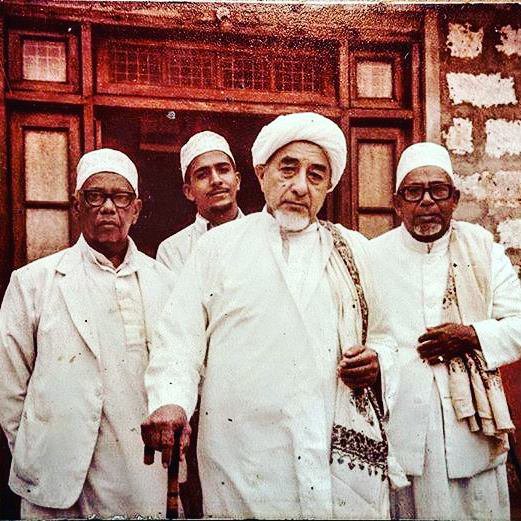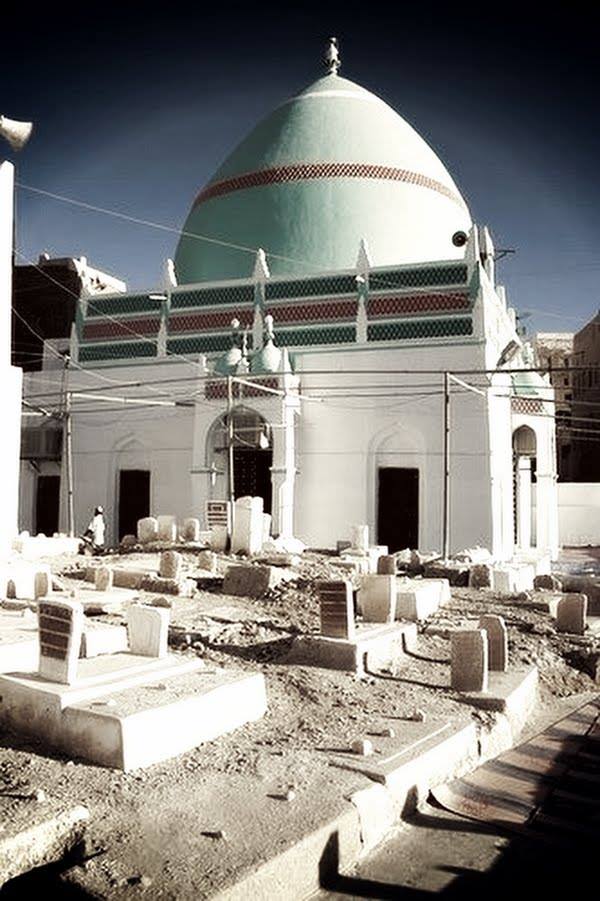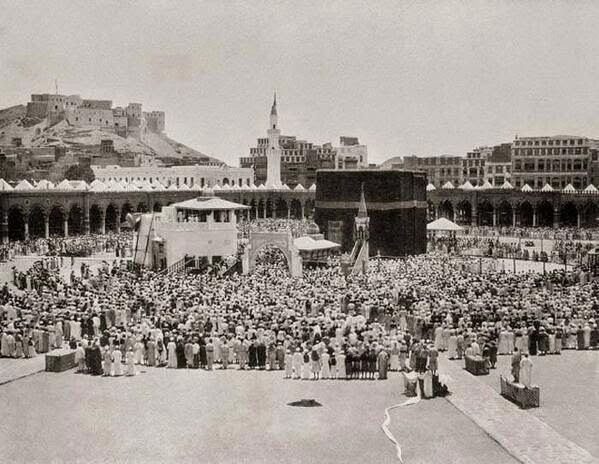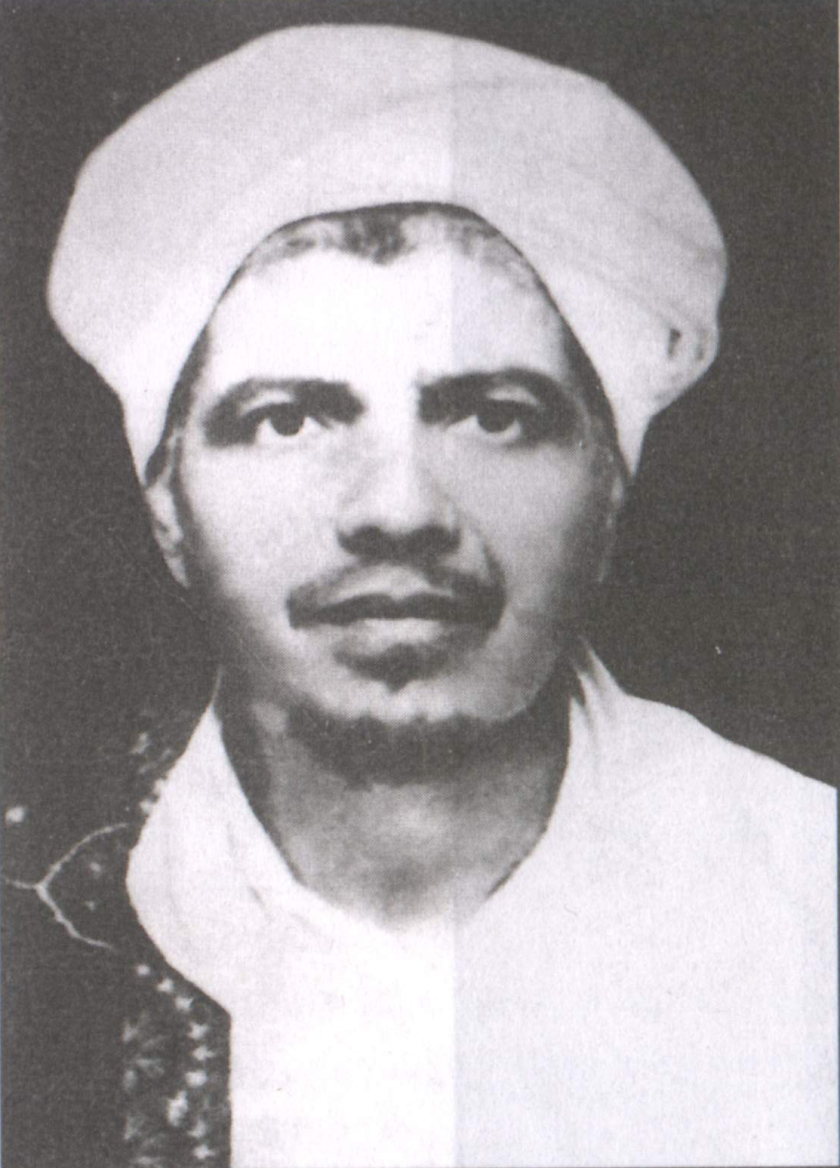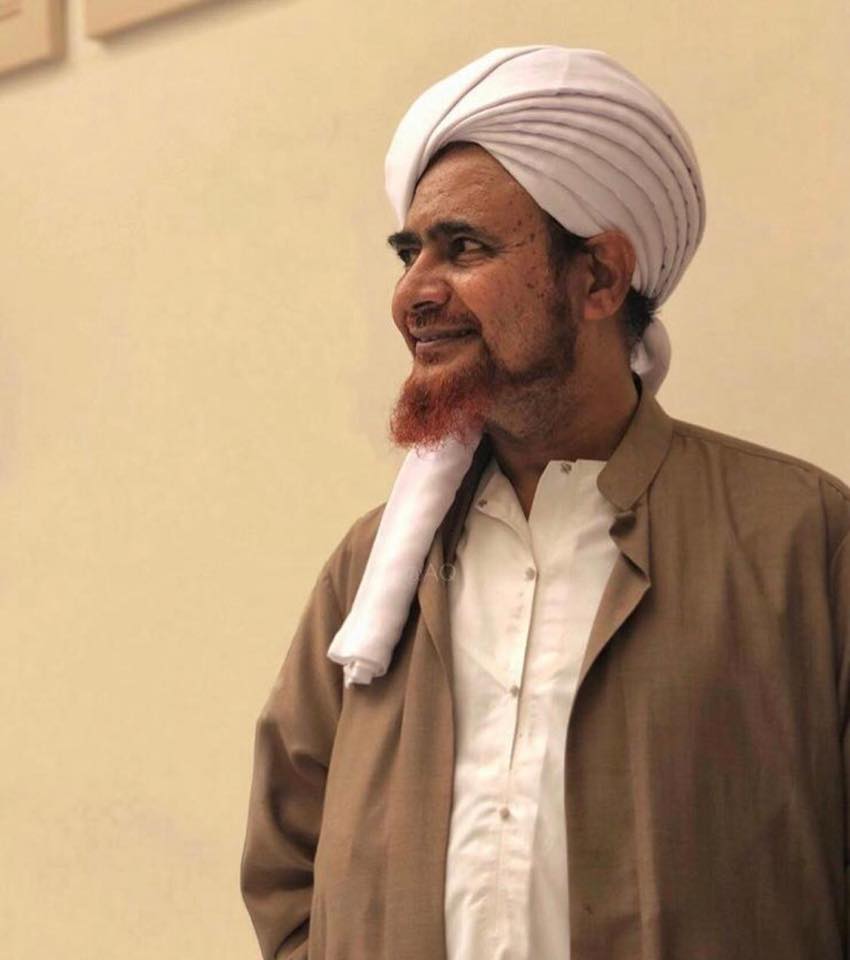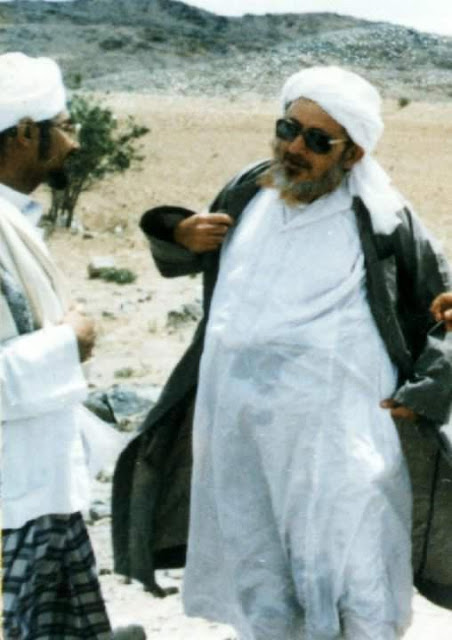Shaykh Abdal Hakim Murad describes Habib Ahmad Mashhur al-Haddad:
Habib Ahmad Mashhur al-Haddad was widely acknowledged as among the leading scholars and spiritual masters of the twentieth century. He was born in a town in Hadramawt, in southern Arabia. At an early age he committed the Quran to memory and spent most of his time in the relentless pursuit of the various branches of religious knowledge. He dedicated his life to teaching and spreading the word of Islam. He died in Jeddah, Saudi Arabia in 1995. Continue reading Habib Ahmad, as described by Shaykh Abdal Hakim Murad

